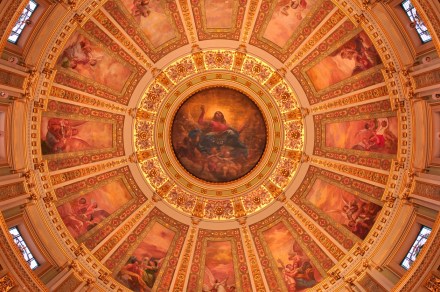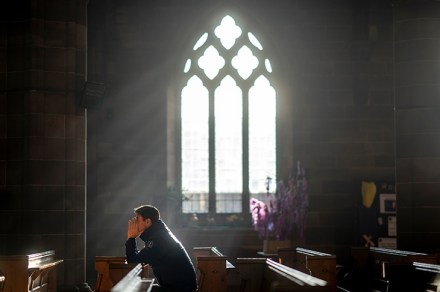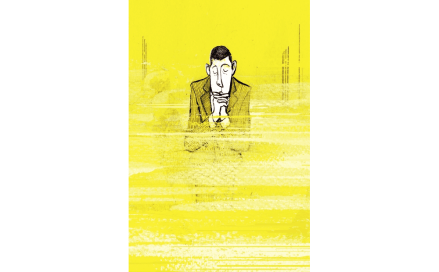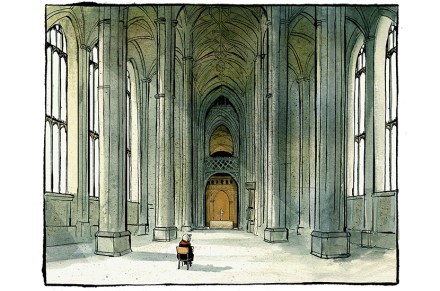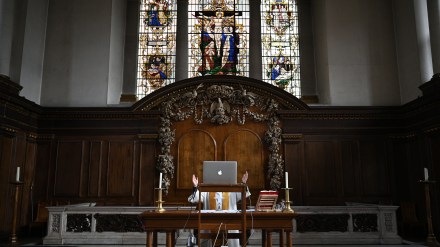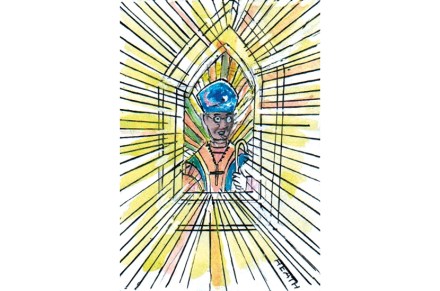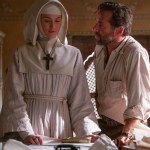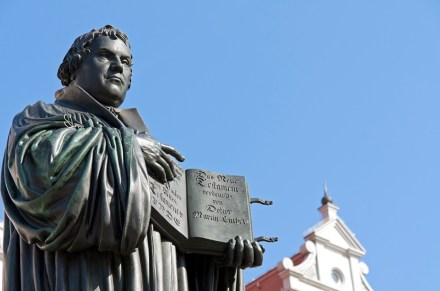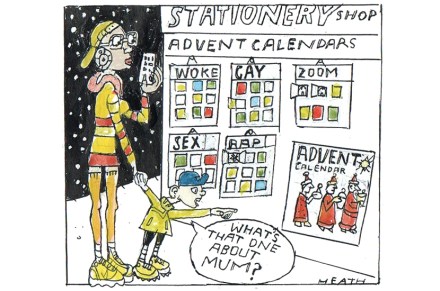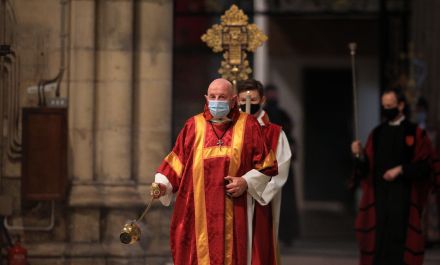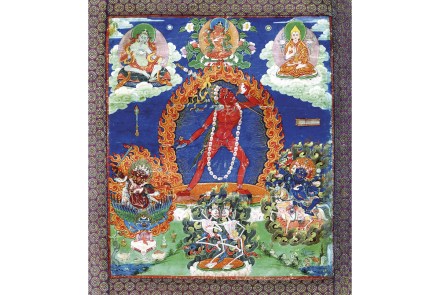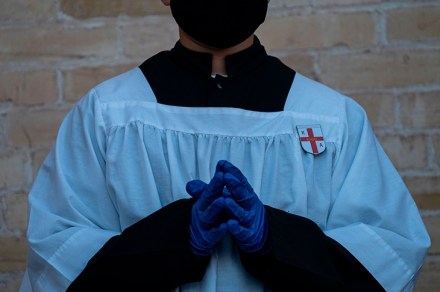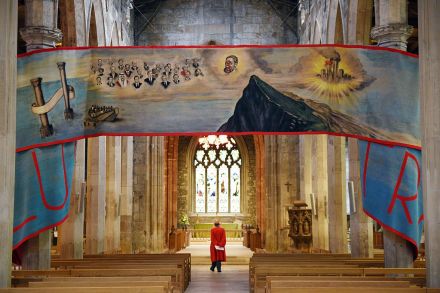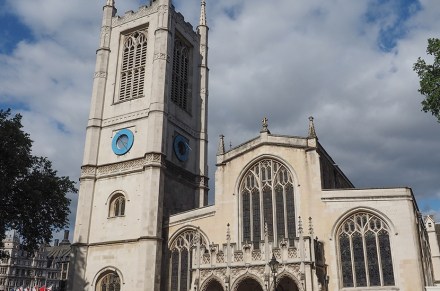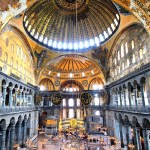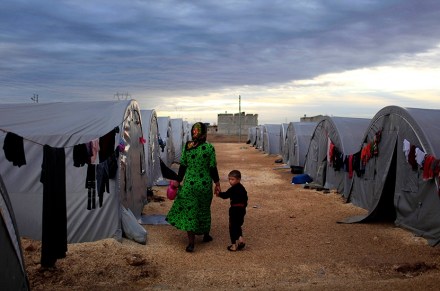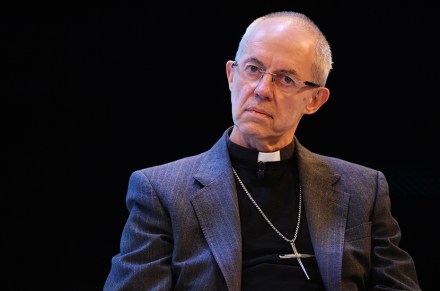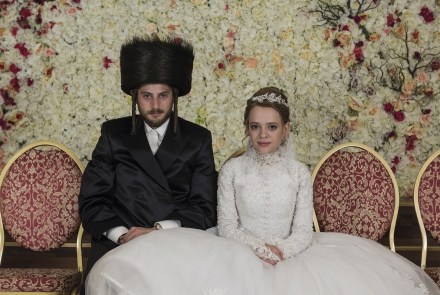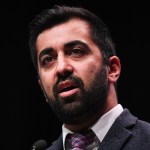The curious case of Cornelia Connelly
Visiting Jackson, Mississippi, in the 1980s, I found myself warmly welcomed (I cannot remember why) by a lively group of Catholic feminists. Their heroine was Mother Cornelia Connelly. I was embarrassed not to have heard of her since she did her greatest work near us in Sussex. Hers is quite a story. In 1831, aged 22, she married Pierce Connelly, an Episcopalian minister, in her native Philadelphia. Both later converted to Catholicism. Pierce wanted to become a priest, which was difficult, what with a wife and five children. The couple eventually signed a perpetual deed of separation so he could be ordained. While still looking after her younger children, Cornelia became
